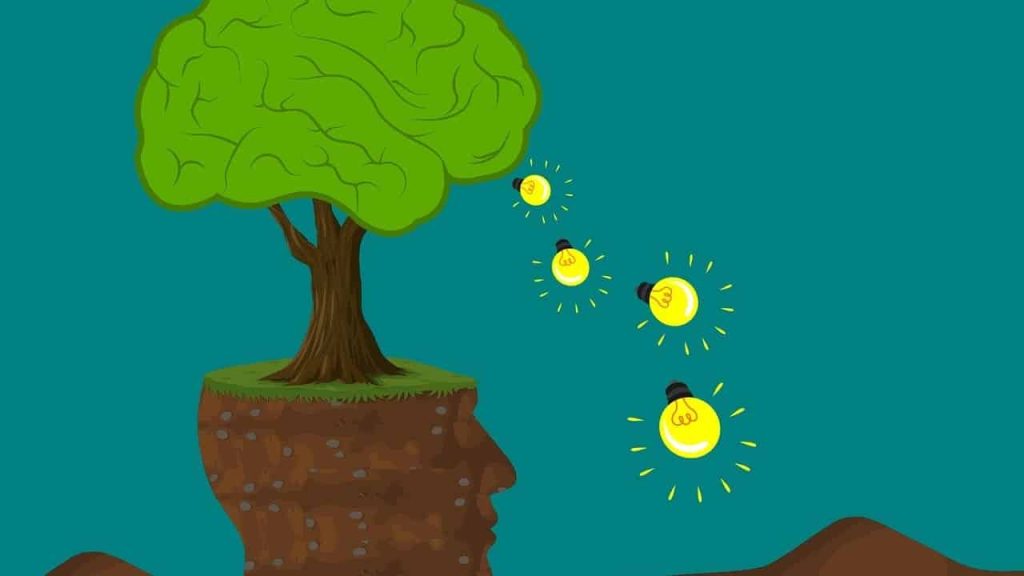The Supplemental Nutrition Assistance Program (SNAP), often called Food Stamps, helps people with low incomes buy food. A big question that people have is whether the Food Stamps office checks to make sure people are telling the truth about their income. It’s super important to be honest when you apply because you don’t want to accidentally break any rules! This essay will explain how the Food Stamps office verifies income and what that process looks like.
How Does the Food Stamps Office Verify Income?
Yes, the Food Stamps office definitely verifies your income. They don’t just take your word for it! They have a few different ways of making sure the information you provide is correct. This process helps them ensure that the program is used by those who truly need it and is fair to everyone.

Reviewing Pay Stubs and Tax Returns
One of the most common ways the Food Stamps office checks your income is by looking at documents like pay stubs and tax returns. When you apply for SNAP, you’ll usually need to provide these documents to prove how much money you earn. This helps them to see how much you get paid from your job, which is really important.
They carefully examine these documents. This includes checking the dates, your name, the employer’s name, and the amount of money you make. They want to make sure everything is accurate and matches what you’ve reported on your application. They’re also looking for anything that seems off or doesn’t make sense.
The Food Stamps office uses tax returns to get a bigger picture of your income over a longer period, usually a year. Tax returns give a great overview of all your earnings, not just from your job. They also show other forms of income you may have, like money from investments or other sources.
Here’s a quick look at some common documents they review:
- Pay stubs (showing gross and net income)
- W-2 forms (from your employer)
- Tax returns (1040 form, etc.)
- Forms showing other types of income (like unemployment benefits)
Contacting Employers and Other Agencies
The Food Stamps office doesn’t just rely on what you give them. They also have the ability to reach out to other sources to double-check information. This helps them make sure everything is accurate and that they have all the information.
One way they do this is by contacting your employer. They might ask your employer to verify your salary or hourly wage. They may also ask about the number of hours you work. This helps them compare what your employer says to what you’ve put on your application.
The office may also contact other government agencies to verify information. This could include checking with the Social Security Administration to confirm your Social Security benefits, or with the unemployment office to verify unemployment payments. It allows them to cross-reference different sets of data.
Here’s how they might do it:
- Request a copy of your work records from your employer.
- Send a letter or make a phone call to verify income details.
- Cross-check information with the Social Security Administration or the unemployment office.
- Look into any discrepancies they find.
Using Electronic Data Sources
In addition to the usual methods, many Food Stamps offices now use electronic data sources. These sources allow them to quickly and easily check information about your income and other benefits you might be receiving.
This can include checking information with state and federal databases. These databases can have information about your employment, benefits, and other financial data. This is really helpful because it saves time and effort for both the Food Stamps office and the applicant.
The use of electronic data helps to make the process more efficient. They can identify any income you have that you might not have reported. This also helps to spot possible issues faster. It allows for faster approvals for people who are truly eligible.
Here’s an example of what they might check using electronic sources:
| Data Source | Information Verified |
|---|---|
| State Wage Database | Employment and wages |
| Social Security Administration | Social Security benefits |
| Unemployment Insurance | Unemployment benefits |
| Bank Account Information | Account balances and activity |
Penalties for Not Reporting Income Correctly
It’s extremely important to be honest when you apply for Food Stamps and report your income accurately. Lying or not reporting all of your income can get you in trouble. The penalties can range from minor issues to more serious legal problems.
One of the potential consequences is that you could be denied benefits. This means you won’t get any Food Stamps if they find out you’ve been dishonest. Additionally, if you’ve already received benefits, they might make you pay the money back. They may need to get back what you were not entitled to.
In more serious cases, you could face legal action. This could involve fines or even jail time. The penalties depend on how serious the fraud is and the amount of money involved. The rules vary slightly by state, but the overall message is the same: be honest.
Here’s a breakdown of potential penalties:
- Denial of benefits: You won’t receive Food Stamps.
- Repayment of benefits: You may need to pay back money you wrongly received.
- Fines: You could be required to pay a monetary penalty.
- Legal action: You could face charges and possibly time in jail.
So, the Food Stamps office definitely verifies your income. They use many different ways to do this, from looking at your pay stubs and tax returns to contacting employers and other agencies. It’s super important to be honest when you apply for SNAP to avoid problems. Always provide accurate information, and you’ll be fine!